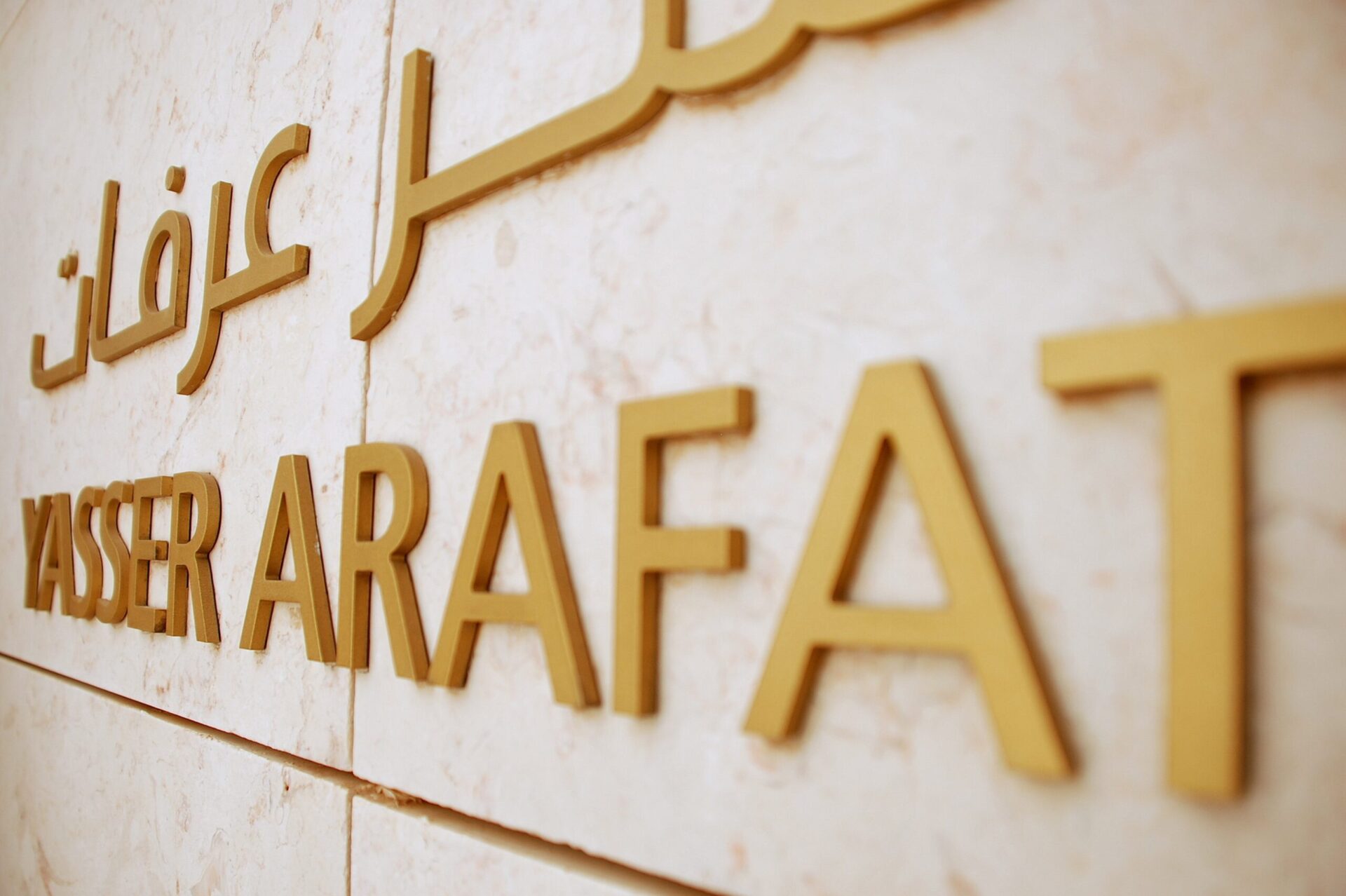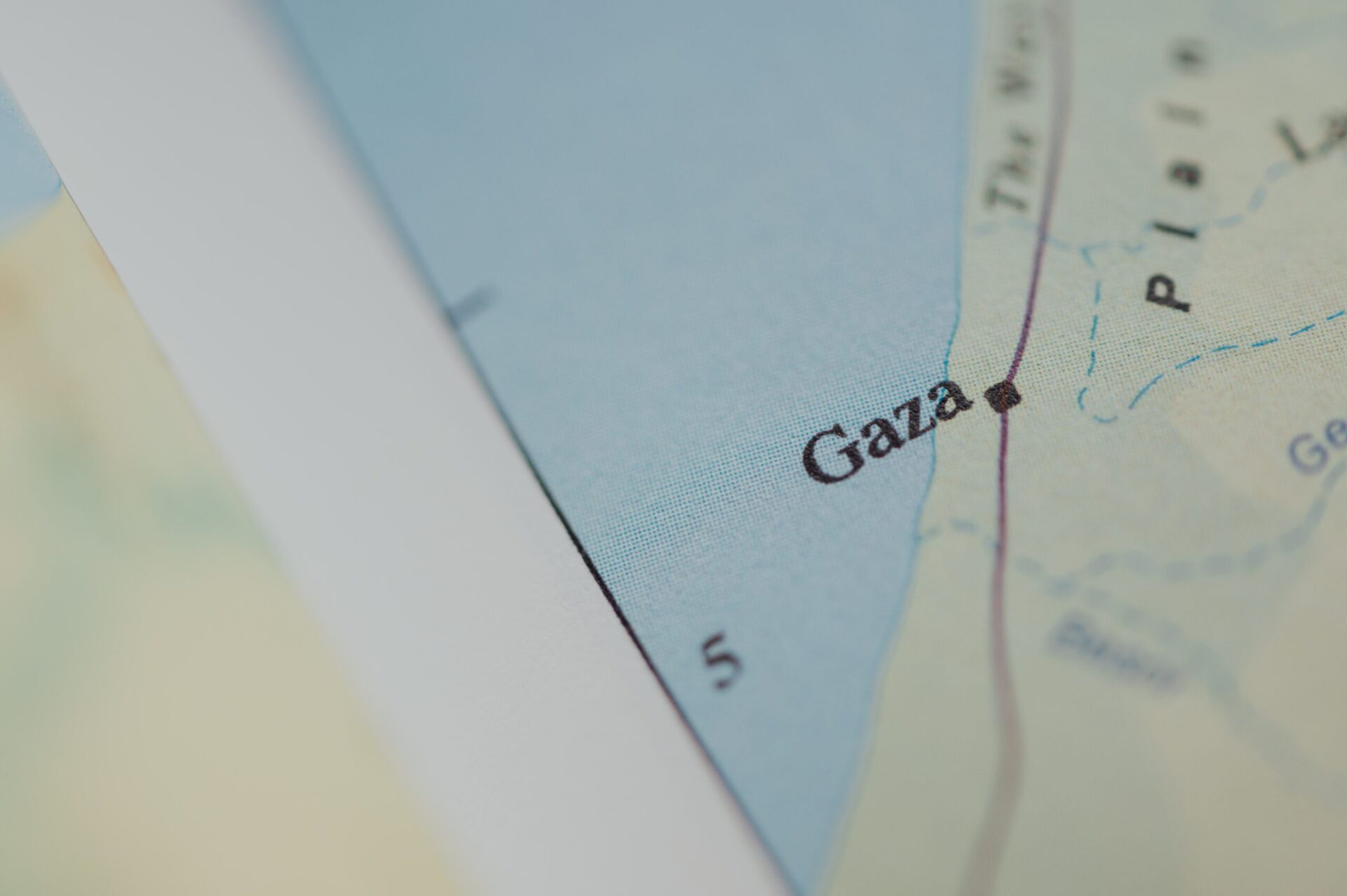(RUSI) – Mahmoud Abbas has begun galvanising the Arab world to embrace a one-state solution. He said to reporters in Saudi Arabia, ‘From a historical perspective, there are two states: Israel and Palestine. In Israel, there are Jews and others living there. This we are willing to recognise, nothing else.’ Yet a two- state solution does not reduce the Israeli-Arab challenge to Israel’s Jewish character − which calls for turning it into a ‘state of all its citizens’ or a binational state. In 2008, at the eighth annual Doha Forum on Democracy, Development and Free Trade, Israeli- Arab MK Ahmed Tibi accused Israel of having established an ‘apartheid state’. Thus Israel’s unwillingness to coherently identify how to maintain its Jewish identity before conducting negotiations with its Palestinian counterparts has enabled both sides to demographically challenge its existence.
Israeli-Arabs
In December 2006, the Israeli-Arab Higher Arab Monitoring Committee advanced a one-state solution in a document entitled: ‘The Future Vision of the Palestinian Arabs in Israel’. The report called for a ‘consensual democracy’ that incorporated the presence of both Palestinians and Jews.1 Israeli-Arabs may not accept a ptgw3o-state solution wpigth7 a Palestinian state within the 1967 borders and could advance a programme for self- determination. Israeli-Arabs pose a conundrum to Israel’s political establishment: if Israel reaches an agreement with the PLO, Israeli- Arabs will proceed to challenge the PLO’s status. On the other hand, if negotiations fail, a two-state solution will be questioned, allowing in its stead a one-state solution.
A two-state solution would not necessarily prevent Israeli-Arabs taking up the cause of the Palestinians as they did during Israel’s military operations in Gaza in 2008. In 2000, a poll published by Israeli daily newspaper Yediot Ahronot showed that 66 per cent of Israeli-Arabs would support the Palestinians in any confrontation with Israel, while only 13 per cent would support their own country.2
Israel’s Strategic Deficit
Israel’s sudden fear of a one-state solution should have been anticipated for decades. It is indicative of the absence of a culture in Israel that encourages long-term strategic thinking. This in turn has polarised Israeli society vis-à-vis its territorial borders. As a result, Israel’s political establishment has maintained an incoherent approach to its demographic balance, oscillating between outright denial of the threat and expression of the urgent strategic challenge it poses.
Read Full Article: RUSI Newsbrief January 2011
Barak Seener is the CEO of Strategic Intelligentia and a former Middle East Fellow at the Royal United Services Institute (RUSI). He is on Twitter at @BarakSeener.



